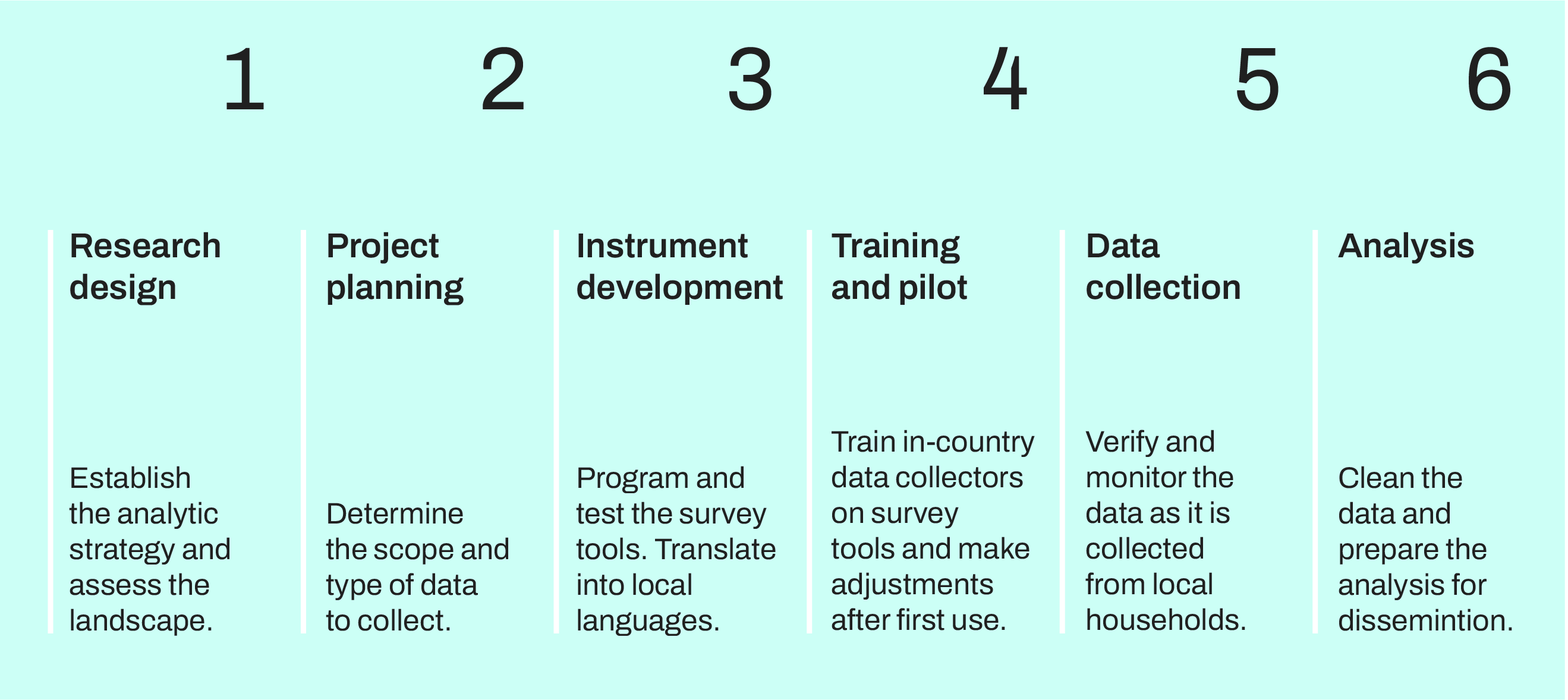In the modern digital era, our files and data are frequently irreplaceable. Whether it's beloved family photos, important work documents, or vital project files, losing this data can feel devastating. When a hard drive begins to malfunction, the anxiety kicks in as you contemplate the potential loss of your precious information. Understanding the steps to take in the event of a disk failure is crucial to increasing your opportunities of effective data retrieval.

Several situations that can lead to data loss. From accidental removals to more serious problems like hardware drive damage, the circumstance can seem grim. Luckily, there are multiple methods of data recovery accessible, including user-friendly file retrieval software to expert recovery services for those faced with serious challenges. In this guide, we will explore how to navigate the procedure of rescuing your documents and what alternatives are offered to help you recover access to your valuable data.
Comprehending Hard Drive Malfunctions
Drive malfunction can occur for a variety of reasons, and understanding these causes is important for effective data recovery. Frequent causes include mechanical issues, such as damaged read/write heads or spindle motor failures, as well as software errors that affect the drive's firmware. External conditions like heat, humidity, and physical damage from drops or impacts can also lead to drive failure. Recognizing the signs of forthcoming failure, such as odd noises or system crashes, can help in taking timely action.
When a disk drive fails, the degree of the damage can vary. In Disk Drive Failure , the data could be preserved but inaccessible due to logical errors or file system corruption. In other instances, severe physical drive damage may make the data unrecoverable without professional tools. The gravity of the failure directly impacts the recovery options available, making it crucial to assess the situation carefully before attempting recovery methods.
It is worth noting to understand that not all drive failures are the same, and each case requires a specific approach. While some users may successfully utilize data recovery software for trivial issues, others may end up in need of expert help to resolve complex problems. Grasping the nature of the failure can also help in deciding whether to attempt data restoration or request assistance for physically damaged drives.
Employing Data Recovery Software
When faced with a hard drive failure, an initial measure you can pursue is to adopt data recovery software. These programs are designed to analyze your disk and identify recoverable files, allowing you to recover valuable data that might otherwise be lost. Many software options are available, ranging from complimentary applications to fully-fledged paid solutions, each offering varying levels of effectiveness. Choosing the right one relies on the severity of the data loss and your comfort level with technology.
To initiate the process, install the data recovery software on a working computer. Avoid installing it on the affected hard drive to avoid further data overwrite. After the installation, plug in the damaged hard drive and launch the software. Many programs offer a user-friendly interface, guiding you through the recovery process. Start a scan, and the software will look for deleted files and all potentially recoverable data within the disk sectors.
Following the scanning process is complete, you will be presented with a list of recoverable files. Carefully review the files, and select those that you would like to restore. Ensure you save the recovered files to a different drive or external storage to avoid damaging the original disk anymore. Even though data recovery tools can yield positive results, remember that success rates vary, especially in cases of physical drive damage or severe disk drive failures.
When to Request Expert Help
Determining when to request expert help for data recovery is crucial for maximizing your odds of retrieving lost files. If you've faced a disk drive failure, including strange noises, clicking sounds, or a complete inability to access your data, it might be time to reach out with experts. These symptoms often indicate hidden physical drive damage that basic troubleshooting and data recovery software cannot resolve. Attempting to fix these issues on your own can occasionally complicate the situation, making it vital to act wisely.
An additional situation that calls for professional assistance is when you’ve accidentally deleted critical files and traditional methods of recovery have not worked. While data recovery software can be effective in many cases, there are instances where the software may not be able to locate the lost data due to data overwrites or corruption. Experienced experts have access to advanced tools and techniques that can retrieve deleted files even when do-it-yourself solutions fail, ensuring you have the best chance to retrieve what you’ve lost.
Finally, if your data is critical for your business or personal life, don’t wait to reach out for professional recovery services. Time is frequently of the essence when dealing with data loss, and the skills of experts can not only speed up the recovery process but also reduce the stress related to losing important information. In cases where data integrity and recovery success rates are of utmost importance, engaging expert services is often the wisest choice.
